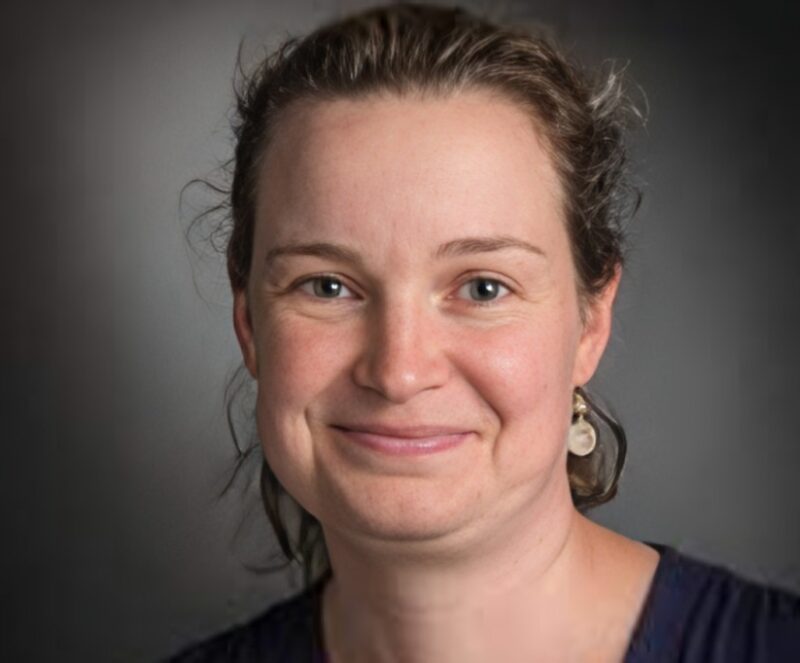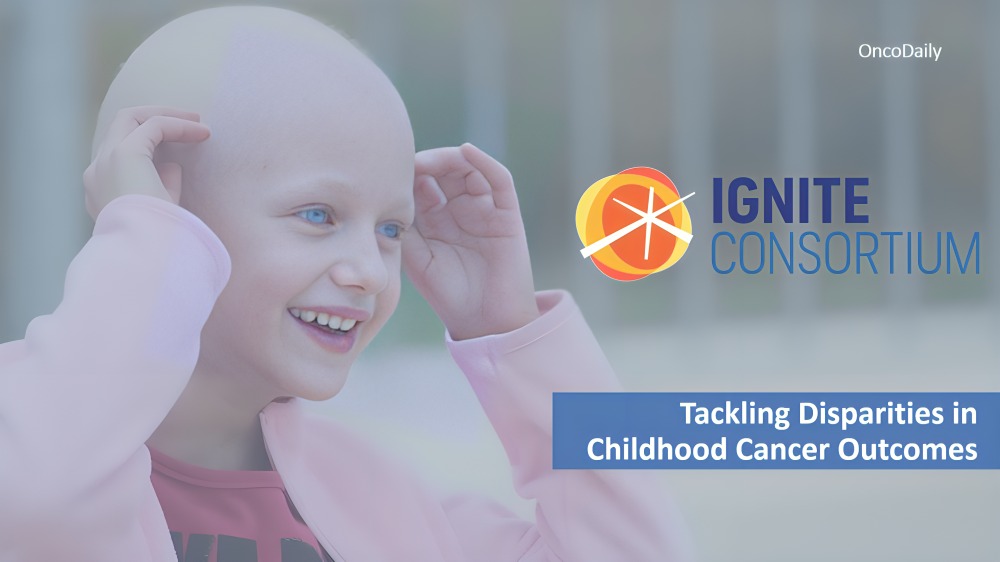Dr. Kira Bona and her team at the Dana-Farber lab have discovered a troubling truth: children from low-income families are more likely to experience cancer relapses and have lower survival rates compared to their wealthier peers, even when they receive treatment through highly standardized clinical trials at leading academic centers. This issue affects a significant number of children; in fact, one in three kids diagnosed with cancer comes from a low-income household or a family struggling to meet basic needs like housing, food, and transportation during treatment.
To tackle these disparities, Dr. Bona is taking an innovative approach by treating poverty as if it were a “druggable” condition—something that can be specifically targeted to enhance cancer outcomes for children. Her strategy involves implementing creative interventions aimed at alleviating financial burdens. Dr. Bona’s goal is to ensure that every child with cancer can benefit from treatment, regardless of their socioeconomic status, race, ethnicity, or where they live.
To support this mission, she has established the IGNITE Consortium, which is the first national pediatric hematology-oncology health equity research network. Unlike traditional clinical trial networks that focus on testing new cancer drugs for children, IGNITE is dedicated to evaluating health equity interventions designed to address these systemic disparities.
“Childhood cancer is very rare, so from a practical standpoint, there is no one center in the U.S. that could run a pediatric clinical trial alone. IGNITE creates the research infrastructure we need to robustly develop evidence-based health equity interventions.” – says Bona, a pediatric oncologist at Dana-Farber/Boston Children’s Cancer and Blood Disorder Center.

What is IGNITE?
The IGNITE Consortium includes pediatric oncology experts from 12 leading institutions across the United States, with Dana-Farber being the lead site. IGNITE makes it possible for a trial of a health equity intervention like RISE to be tested across the nation.
This network is necessary because childhood cancer is rare. A site like Dana-Farber, which specializes in childhood cancers, might see only 50 children a year with one of the more common forms of childhood cancer. To test an intervention for efficacy, many more children would need to receive the intervention. The collaborative reach of IGNITE makes it possible for Bona and her colleagues to work together to test and develop effective, evidence-based interventions.
The institutions involved are located across the U.S., so interventions like RISE can be tested in rural, suburban, and urban areas, where challenges that occur with poverty may differ.
“The involved centers are on the east coast and the west coast, in the south and middle of the country. We really have a nice representation of the different experiences patients have accessing care,” – says Bona.
What will IGNITE do to help patients?
As a first step, the IGNITE team is gearing up to launch a nationwide clinical trial in the U.S. to evaluate Pediatric RISE. This trial will focus on whether it can improve outcomes for low-income children being treated for high-risk neuroblastoma, which is the most common solid tumor in kids under five.
Looking ahead, IGNITE also plans to assess CHEF in a future nationwide trial. The researchers are working together to develop more health equity interventions.Additionally, the ECHO (Environmental Child Health Outcomes) program, which Dr. Bona originally started at Dana-Farber, will be expanded to have a broader reach through IGNITE. This program aims to collect demographic information about childhood cancer patients so that researchers can gain insights into how poverty and other factors impact their outcomes.
“We know it takes a team effort to develop new drugs, so we have very robust early phase drug development consortia. Now, for the first time, we have a comparable infrastructure for health equity interventions; this is an incredible opportunity to improve outcomes for children with cancer. No one can do this alone,” – says Bona.
About Kira Bona

Dr. Kira Bona is a pediatric oncologist and physician-scientist at Dana-Farber Cancer Institute and Boston Children’s Hospital. She earned her MD from the Yale University School of Medicine and her Master of Public Health (MPH) from the Harvard T.H. Chan School of Public Health, specializing in clinical effectiveness.
Dr. Bona completed her pediatrics residency at the Boston Combined Residency Program, which includes training at both Boston Children’s Hospital and Boston Medical Center. She furthered her expertise by completing a fellowship in pediatric hematology/oncology at Dana-Farber/Boston Children’s, where she joined the faculty in 2012.
In her clinical practice, Dr. Bona focuses on treating children with leukemia and lymphoma. However, her work extends beyond patient care; she is deeply committed to research that addresses disparities in cancer outcomes related to poverty. Through her lab at Dana-Farber, Dr. Bona investigates the mechanisms linking poverty to these inferior outcomes and develops targeted interventions to mitigate these disparities.
“The Dana-Farber lab of Kira Bona, MD, MPH, has uncovered an alarming reality: children from low-income households are more likely to experience cancer relapse and lower survival rates, even when treated on standardized clinical trials at leading centers.
Bona, MD, MPH, aims to ensure that every child with cancer benefits from treatment, regardless of zip code, socioeconomic status, gender, race, or ethnicity.
To achieve this, she has formed the IGNITE Consortium—the first national pediatric hematology-oncology health equity research network. Unlike traditional clinical trial networks, IGNITE focuses on evaluating innovative health equity interventions to address systemic disparities.
Learn how IGNITE is paving the way for equitable childhood cancer care.”
